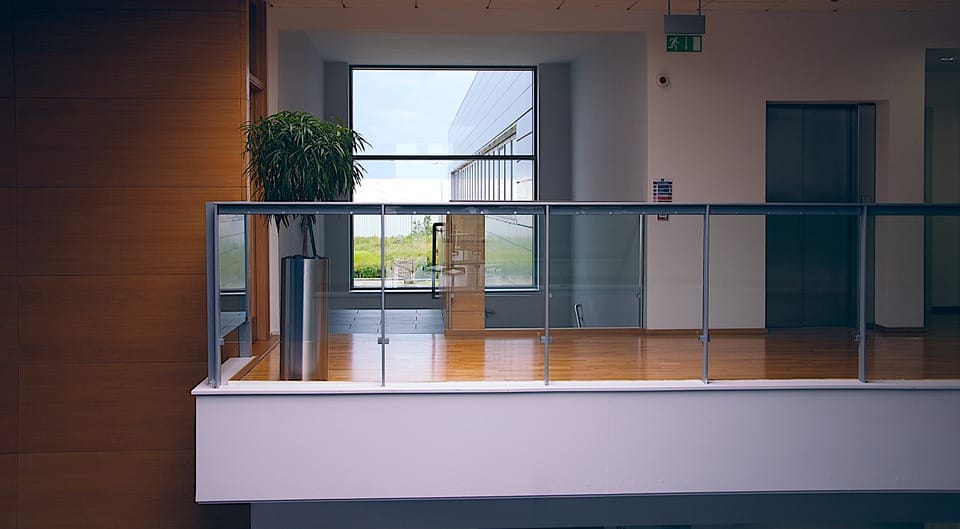3 Things Every Commercial Landlord Needs to Know

Whether you’re offering a multimillion-dollar company new warehouses or 100-story office buildings, or you’re renting Joe from down the street that little shop on the corner so he can finally open the business he’s been dreaming of for years, there are a few things you need to know about renting out properties commercially.
To ensure you are in a position to offer your tenants the best properties and services you can, and to keep them, and yourself, protected, we are going to share with you the 3 things that every commercial landlord needs to know.
1. Insurance Is Key
Knowing to insure your buildings and properties seems like it would be common sense, but many people underestimate the importance of a proper insurance policy and may not even know the type of coverage they need.
In terms of commercial rental, it is crucial that both parties, the landlord and the tenant, have individual insurance policies, as each of these will cover different aspects of the property against different risks.
Here at ARC Insurance, we offer customizable insurance policies both for professional and commercial building owners as well as for large and small business owners. By choosing one of our customizable policies you are sure to be protected against any risk your property or your business may face, such as:
2. Lawyers Are Your Best Friends
Commercial tenancy contracts are lengthy, complex, and can be difficult to fully understand without help from someone who can explain the clauses in a way that both parties understand.
For this reason, before entering into a commercial lease, both the landlord and the tenant should take a copy of the lease agreement and consult with their lawyer. This consultation should go over all aspects of the lease agreement, such as landlord and tenants rights’, length of lease and amount of rent to be paid, rent increase allowances, eviction eligibilities, breach of lease consequences, etc.
By doing this, both parties can sign the agreement confidently, and the risk of accidental breaches of terms is lowered significantly. This also benefits both parties in the event that one party does breach a term of the contract, as having an understanding of the clauses will help you be able to recognize and shed light on such a breach.
3. You Need to Understand Your Tenants Work
Aside from protecting yourself, it’s also important to provide your tenant with a properly functioning space and quality service.
This means you are responsible for keeping the property maintained in terms of general duties, such as fixing doors, changing light bulbs, keeping the outdoor spaces well groomed, etc., but also means you need to take into consideration the type of work your tenants are doing and ensuring the building is up to standards in regards to that.
For example, if you are renting space for a bar or restaurant, it should always be a priority to ensure the waterlines are in good working order, or if you are renting to a digital marketing company, you may need to upgrade the Wi-Fi you are supplying to the building.
Now You Know
Renting commercial properties can seem intimidating, and it’s true, they do require more work than renting residentially, but if you take the proper steps to protecting yourself and your property, and put in the extra effort needed to provide the best space possible for your tenants, it can be rewarding both financially and personally.

